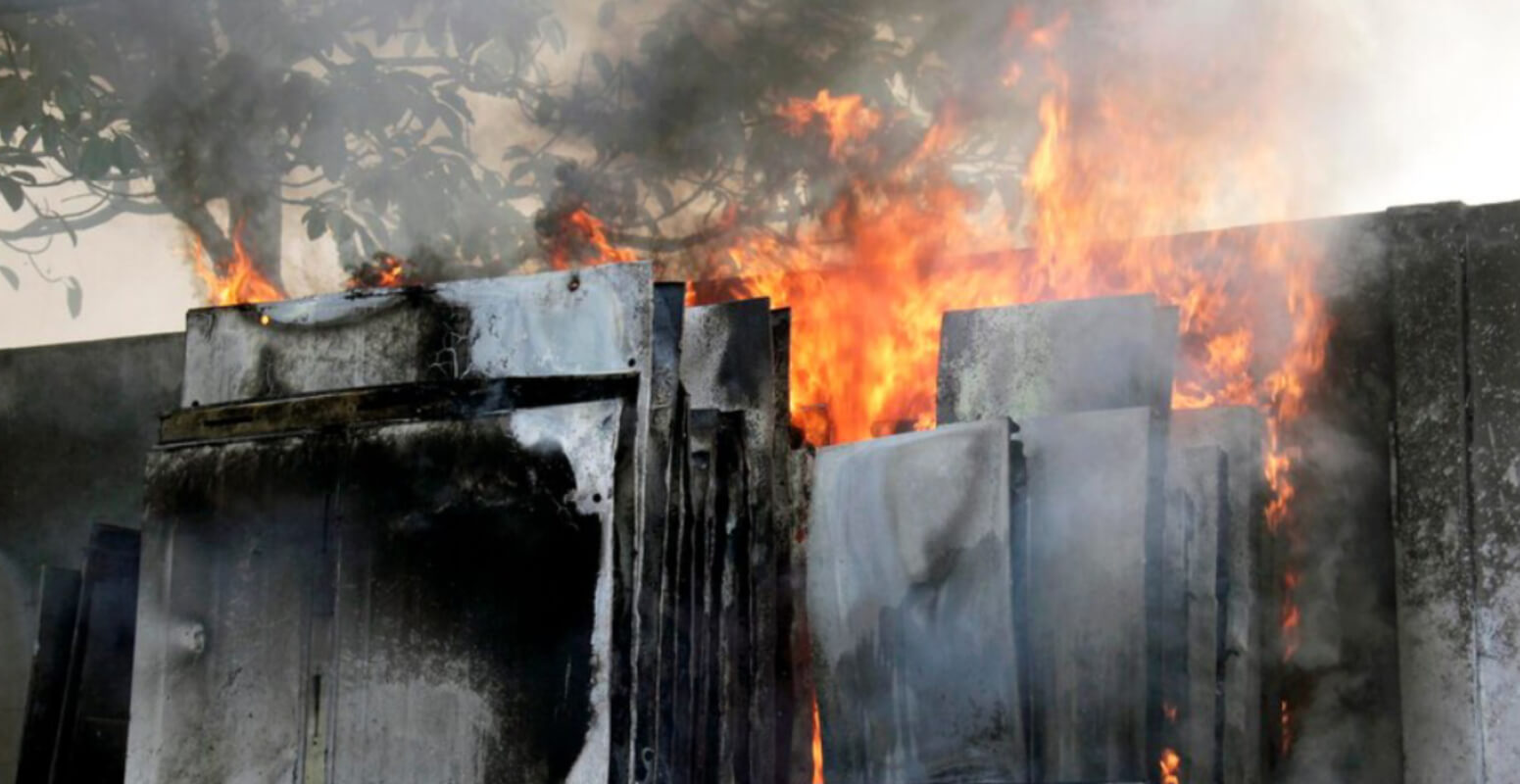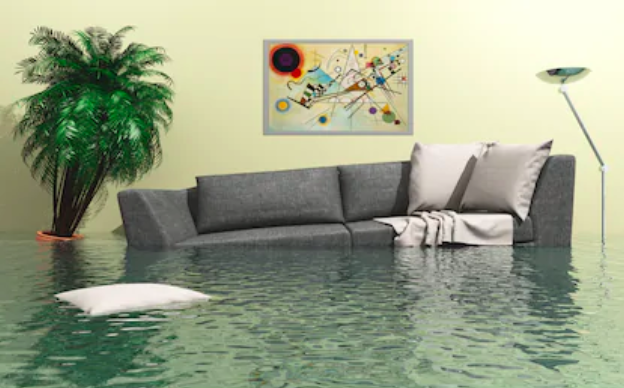Water Mitigation Strategies to Protect Your Basement
Basements are often the most vulnerable part of a home when it comes to water damage. Whether it’s heavy rainfall, a burst pipe, or groundwater seepage, water has a way of finding its way into these lower levels, leaving behind damage that can be costly to repair. The good news is that effective water mitigation strategies can safeguard your basement from these threats and save you from unnecessary stress and expenses.
In this guide, we’ll explore practical steps to protect your basement from water damage, focusing on proactive and efficient solutions that can make all the difference.
Understanding the Risks: Why Basements Are Vulnerable
Basements are naturally prone to water intrusion due to their location below ground level. Factors like hydrostatic pressure, poor drainage, and aging foundation materials contribute to this vulnerability. Left unchecked, water damage in a basement can lead to mold growth, structural issues, and damage to stored belongings.
The key to protecting your basement is to combine preventative measures with professional help when needed. A reliable water mitigation company can offer tailored solutions to address specific risks for your home.
- Ensure Proper Grading Around Your Home
One of the most effective ways to prevent water from entering your basement is by ensuring the ground around your home slopes away from the foundation. Poor grading allows rainwater to pool near your home, increasing the risk of seepage.
What You Can Do:
- Fill in low spots around the foundation with soil to create a slope.
- Regularly check for areas where water pools after rain.
- Install landscaping features like French drains to redirect water away.
- Maintain Your Gutters and Downspouts
Gutters and downspouts play a crucial role in directing rainwater away from your home. If they’re clogged or improperly placed, water can overflow and pool near the foundation, increasing the likelihood of basement leaks.
Best Practices:
- Clean gutters at least twice a year, especially after heavy storms or during the fall.
- Extend downspouts at least 6–10 feet away from your home’s foundation.
- Consider installing gutter guards to reduce debris buildup.
- Install a Sump Pump
A sump pump is one of the most reliable defenses against basement flooding. It automatically removes excess water that accumulates in a designated sump pit, protecting your basement from water buildup.
Pro Tip: Invest in a sump pump with a battery backup system to ensure it functions during power outages, which are common during storms.
- Seal Foundation Cracks and Gaps
Even minor cracks in your foundation can allow water to seep into your basement over time. Regularly inspecting and sealing these cracks can prevent significant damage.
How to Seal Cracks:
- Use epoxy or polyurethane sealants to fill small cracks.
- For larger or recurring issues, consult a professional water damage restoration company for repairs.
- Monitor your foundation regularly for new cracks, especially after heavy rains.
- Waterproof Basement Walls and Floors
Basement waterproofing involves applying specialized coatings or membranes to walls and floors to create a barrier against water intrusion. This step is particularly effective for older homes with porous foundations.
Options to Consider:
- Waterproof Paints: Affordable and easy to apply but best for minor seepage.
- Membranes and Sealants: Provide a more durable and long-term solution.
- Exterior Waterproofing: Although more expensive, this method prevents water from reaching the foundation in the first place.
- Install a Dehumidifier
Even without visible water, basements can become damp due to high humidity levels, which can lead to mold and mildew. A dehumidifier helps maintain proper moisture levels, reducing the risk of damage.
Tips for Effective Use:
- Choose a unit designed for basement spaces with adequate coverage.
- Maintain humidity levels below 50% to discourage mold growth.
- Empty or clean the dehumidifier’s tank regularly for optimal performance.
- Regularly Check Your Plumbing
Leaks from pipes running through or near your basement can be a major source of water damage. Regular inspections and maintenance can help you catch potential issues early.
Inspection Checklist:
- Look for signs of rust, condensation, or corrosion on pipes.
- Check for dripping or pooling water under sinks and around water heaters.
- Replace old pipes to reduce the risk of bursts or leaks.
For larger plumbing issues, don’t hesitate to call in professionals from a water mitigation company to assess and fix the problem.
- Install Drainage Systems
If your basement is prone to flooding, a drainage system can be a game-changer. These systems collect and redirect water away from your foundation, keeping your basement dry even during heavy rainfall.
Popular Options:
- Interior French Drains: Installed inside the basement perimeter to collect and drain water.
- Exterior Drainage Systems: Prevent water from reaching the foundation altogether.
- Floor Drains: Allow water to flow into a sump pit or sewer line.
- Store Items Off the Floor
Even with the best prevention measures, accidents can happen. Protect your belongings by storing them off the floor on shelves or pallets. For items with high sentimental or monetary value, consider using waterproof bins.
- Know When to Call the Professionals
While DIY measures can address minor issues, severe or recurring water damage requires expert intervention. A trusted water damage restoration company can provide comprehensive solutions, from water extraction and drying to long-term waterproofing strategies.
When to Call Professionals:
- Persistent leaks or flooding despite preventive measures.
- Visible mold growth or musty odors in the basement.
- Extensive structural damage to walls, floors, or ceilings.
Protect Your Basement, Protect Your Home
A dry and secure basement is essential for a healthy and resilient home. By implementing these water mitigation strategies, you can minimize the risk of damage, save on costly repairs, and enjoy peace of mind.
When in doubt, partnering with a reliable water mitigation company or water damage restoration company ensures your basement gets the protection it needs with professional-grade solutions. Take action today to safeguard your home and avoid the stress and expenses of water damage tomorrow.

 Get To Know Us
Get To Know Us








 We Offer Financing
We Offer Financing




